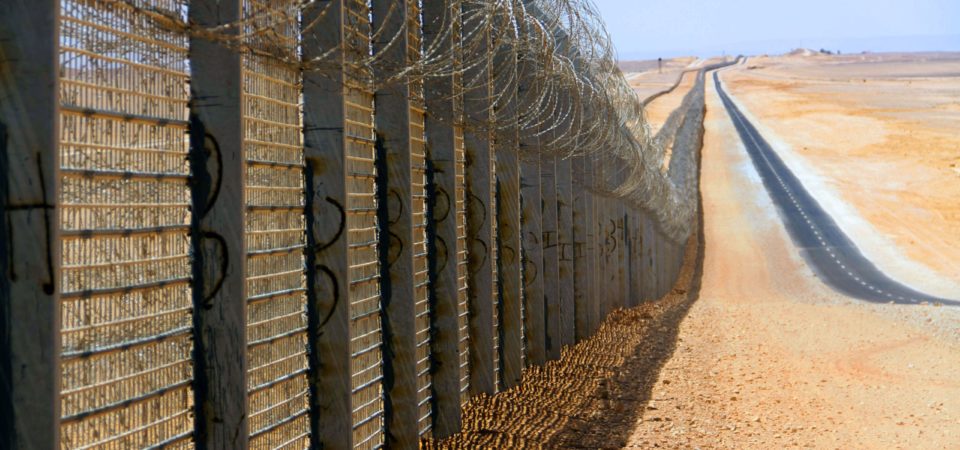Item Link: Access the Resource
Date of Publication: July 30, 2018
Year of Publication: 2018
Publisher: Inverse
Author(s): Peter Hess
When President Donald Trump and other politicians discuss building a wall along the border between Mexico and the United States, environmental concerns don’t often come up. When they do, they’re dismissed with a wave. But according to new research supported by thousands of international scientists, a southern border wall would be a disaster for America’s and Mexico’s wildlife and natural environment, both in the present and the future.
In a move straight out of a science fiction horror film, the US government has ignored scientists concerned about the project’s immeasurable cost to the environment. It has revealed the bleakness in the hearts of some frustrated scientists, but it has also emboldened others to speak up in the name of the plants and animals who can’t speak for themselves.
The increasingly dire situation is summed up in a paper, published in mid-July in the journal BioScience, in which a multidisciplinary team of scientists from the US and Mexico — as well as over 2,500 supporting signatory scientists from around the world — forecast the environmental impact of a border wall. The costs are incalculably high: A border wall, the authors write, would disrupt migrating wildlife, destroy or fragment the habitats of endangered plants and animals, and stifle regional scientific research.
To co-author Paul Ehrlich, Ph.D., a notoriously outspoken conservation biologist at Stanford University, a border wall represents a total disregard for science, the environment, and national security. “We have, particularly in the United States, a government that’s waging war on our life support systems, and they don’t give a damn,” he tells Inverse. “They have no idea what they’re doing, not in the slightest, either biologically or socially.”
You may read the complete article here.
The views and opinions expressed through the MAHB Website are those of the contributing authors and do not necessarily reflect an official position of the MAHB. The MAHB aims to share a range of perspectives and welcomes the discussions that they prompt.

